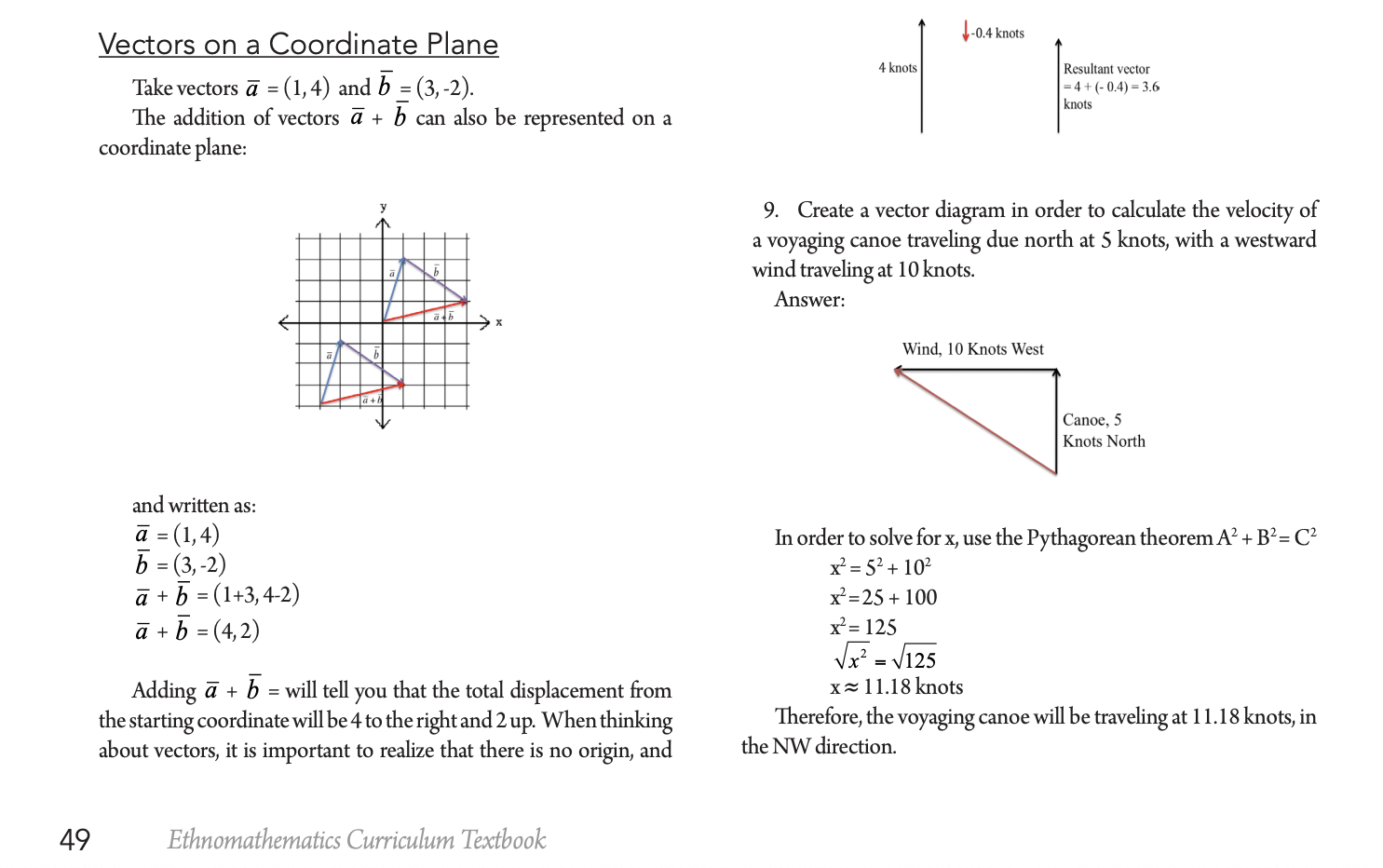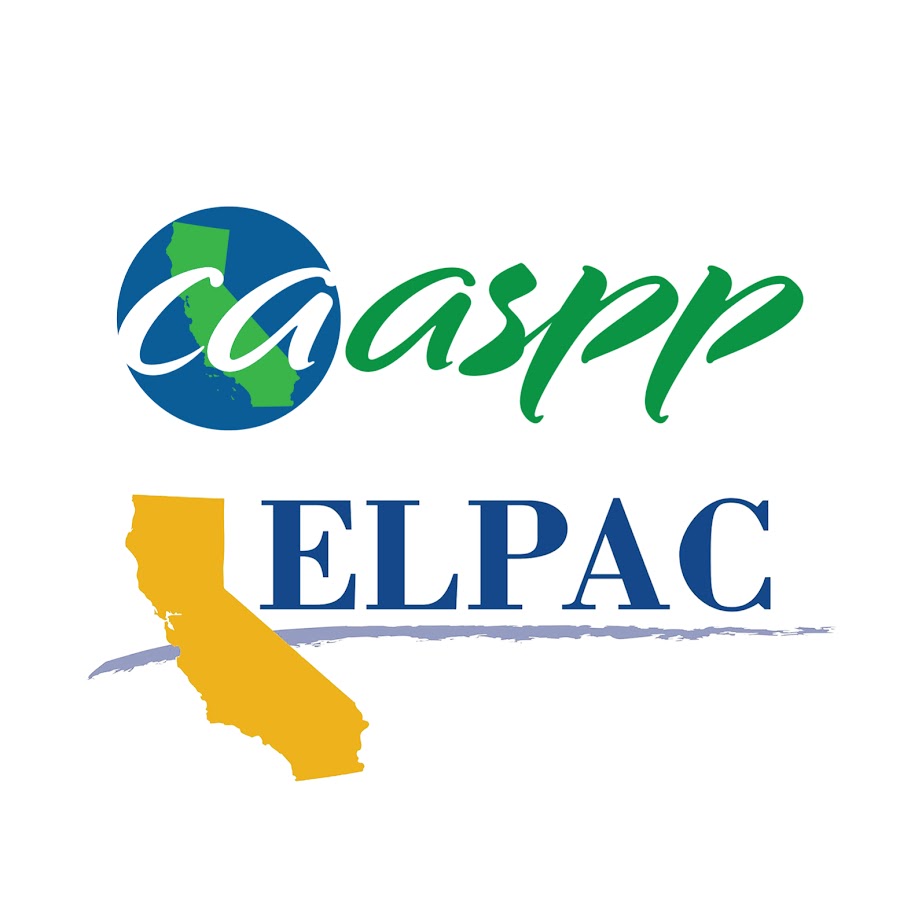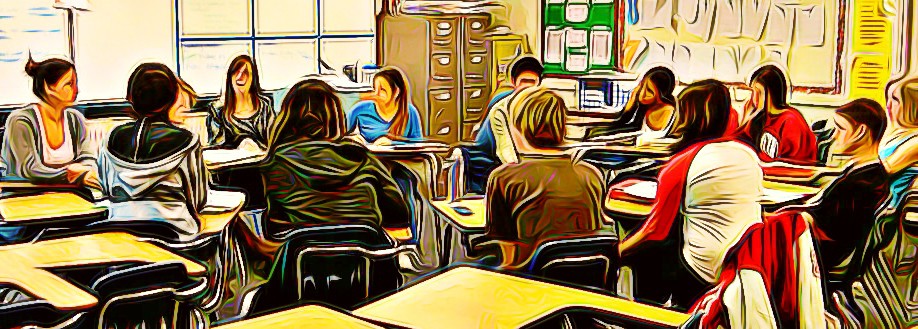Praxis
Objective One: Mathematics as a Purposeful Activity
By the end of my first semester of student teaching, I will be able to connect all topics of my curriculum to relevant skills and real-life situations, resulting in detailed knowledge of each curriculum’s units and their practical uses.
Rationale: even if one does not pursue a career path that involves mathematics, the skills that mathematics teaches (problem solving, pattern recognition, attention to detail), are useful in all areas of life.
“Through your own construction of mathematics knowledge, you can become experts in understanding, reasoning, communicating, analyzing, imagining, examining, connecting, and providing” (Oakes, p. 153).
Action Items
- Review curriculum (Algebra I and II, AP Precalculus, Computer Science) and draw connections to my own life (one example per standardized unit).
- Research and study ethnically and culturally relevant mathematical materials, such as the Ethnomathematics Curriculum Textbook: Lesson Plans in Symbolic Reasoning and Quantitative Literacy by Dr. Linda H.L. Furuto (Research at least two additional resources).
 Excerpt from Furuto (2013)
Excerpt from Furuto (2013)
Objective Two: Educational Advocacy
By the end of my first semester of student teaching, I will be able to present the challenges and barriers that my learners face and pose solutions to both my guiding teacher and the school administration, resulting in in-depth, qualitative knowledge of my students' schoolwork and environment.
Rationale: Challenging norms and authority can be difficult, but it is essential in learning how to be an antiracist advocate. It is also a field in which I have little prior experience in. By collaborating with my cohorts and professors at the MAT program, I will learn how to become a better advocate.
An MAT teacher is “willing and able to take necessary risks in order to explore innovative educational frontiers for her or his students’ development” (MAT Vision, 2020).
Action Items
- Take the most current practice standardized tests (Mathematics and ELD) and AP Practice Examinations (precalculus and calculus) as if I were a student in order to identify potential issues and cultural barriers. I aim to complete at least one practice test per month (5 total).
- Interview my guiding teacher, other teachers, and school faculty to see what they think are the biggest challenges facing the school, and what potential solutions exist. I aim to interview at least three people per semester.
Objective Three: Theory-Based Pedagogy
By the end of my first semester of student teaching, I will be able to utilize multiple models of teaching, resulting in the incorporation of socially just dialogue and student-led learning in my lesson plans.
Rationale: In my prior teaching experience, I did not apply learning theories to my pedagogy; I simply copied the ways other people taught me. I aim to become a more effective and intentional instructor by applying evidence-based theories and models of teaching.
The second pillar of the USC Rossier Mission Statement, learning, states that “students will apply evidence-based theories and principles of learning, motivation and cultural competence to optimize practice in educational settings locally, nationally and globally” (USC Rossier, 2023)
Action Items
- During the first two weeks of observing my Guiding Teacher, I will record all of the types of instructional models that she uses, and apply at least two of them to the lessons that I will teach.
- Utilize at least one instructional model (Gradual Release of Responsibility, Group Investigation, Socratic Seminar) from Education 670 (Introduction to Curriculum & Pedagogy in Urban Secondary Schools) as a template for a lesson plan.


